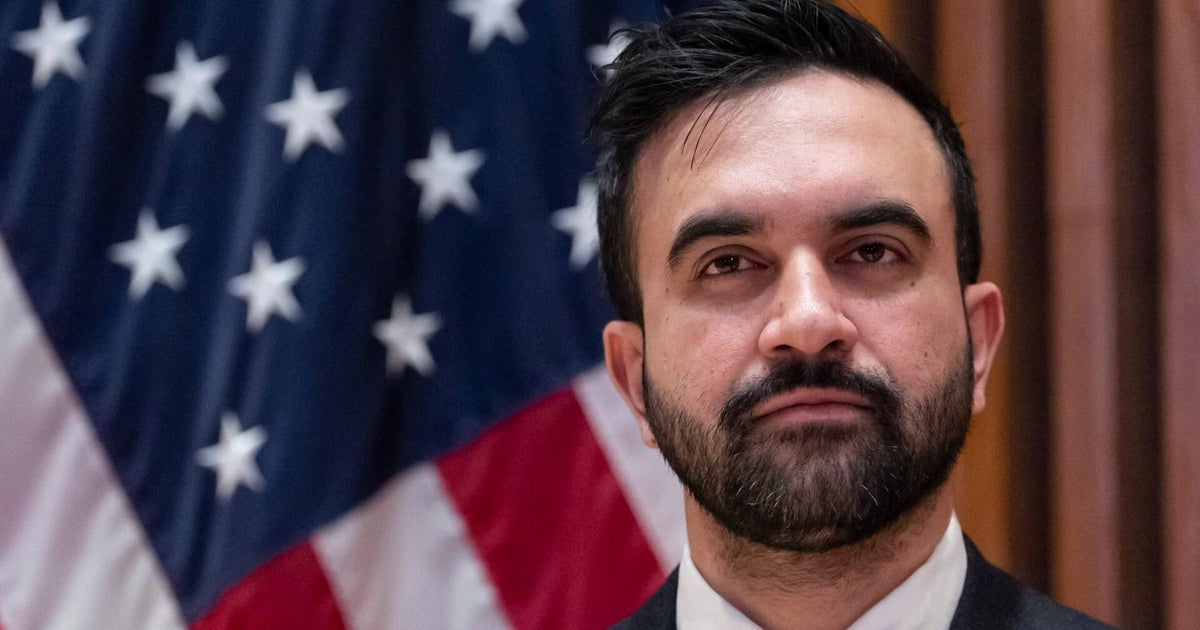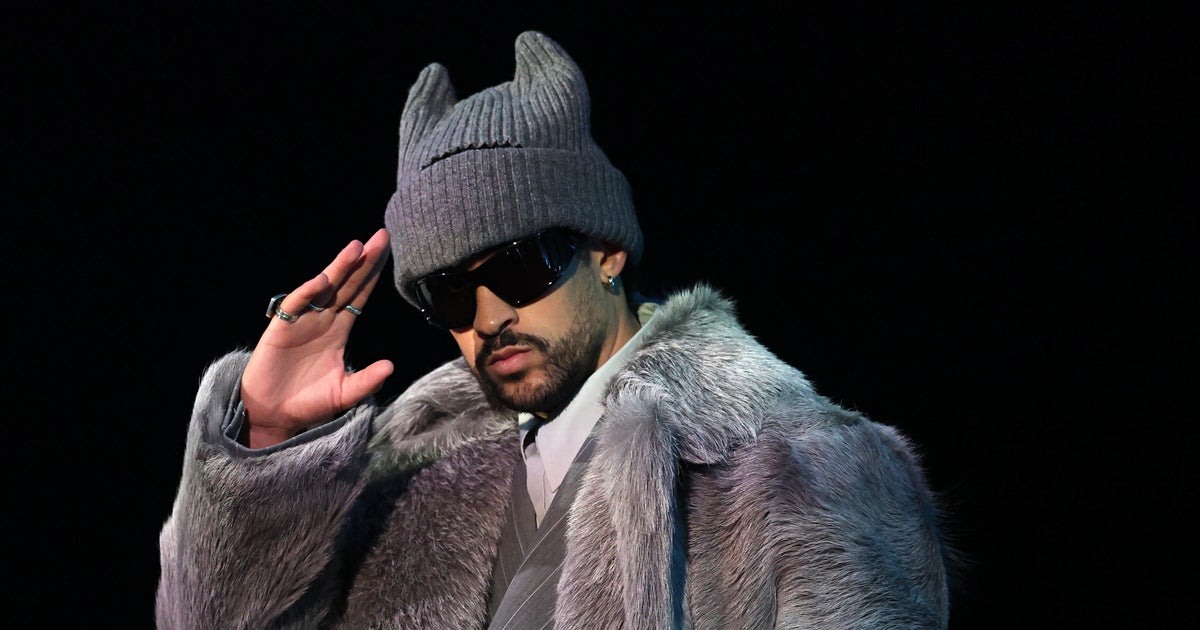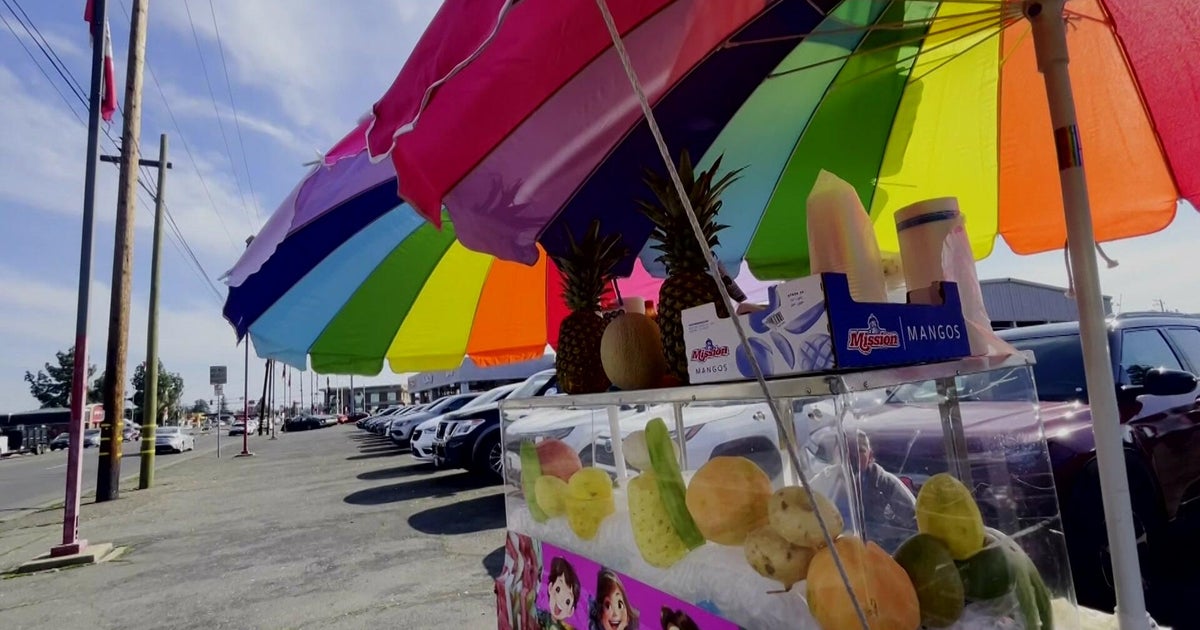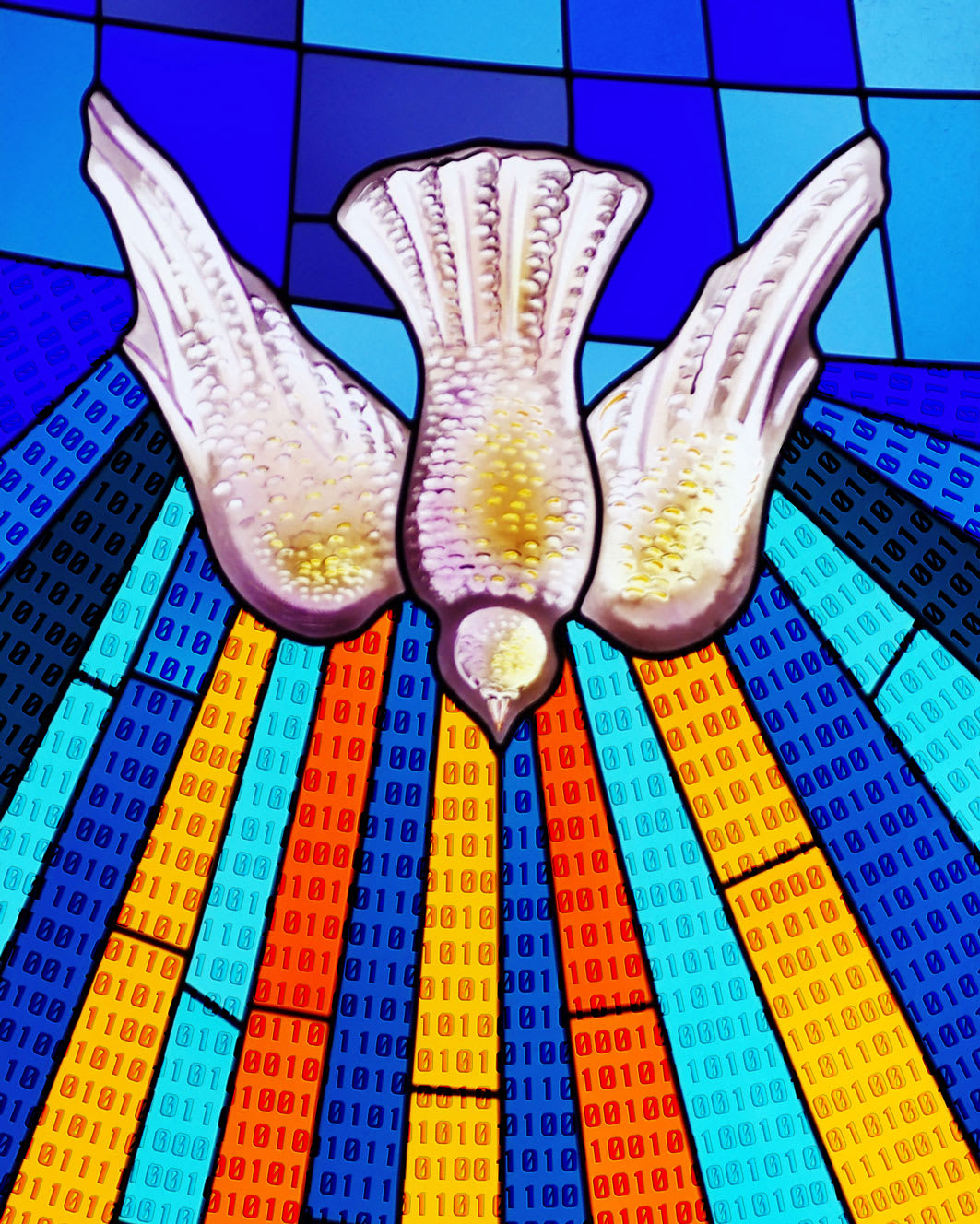Screenwriters want to stop AI from taking their jobs. Studios want to see what the tech can do.
The more than 11,000 film and TV writers who went out on strike this week for the first time in 15 years have seen the future, and it frightens them.
The explosion in streaming has already transformed the entertainment business in ways that can undermine screenwriters' income, and the advent of artificial intelligence threatens to take an even bigger bite out of their livelihood. That's why the Writers Guild of America (WGA), the union spearheading the protest, wants to put strict guardrails around how studios use "generative" text and image tools like ChatGPT and Dall-E.
- Here's what to know about the film and TV writers' strike
- What shows are affected by the TV writers' strike?
With the studios now looking to cut costs, trimming writers' pay could substantially reduce the cost of script production — the starting point for any film or TV series. To head them off, the WGA is calling for what amounts to a near total ban on the use of AI to produce or even contribute to written entertainment content.
"For some reason people forget that there is no story, there is nothing to shoot without us," WGA member and TV writer Charia Rose said in a video on the WGA's website.
Specifically, the union wants its collective bargaining contract to guarantee that:
- AI won't write or rewrite literary material.
- AI won't be used as source material.
- Union-covered material won't be used to train AI.
The WGA said the Alliance of Motion Picture and Television Producers (AMPTP), the group representing eight major studios in the talks, rejected its proposal and instead offered "annual meetings to discuss advancements in technology." (CBS News and Paramount+ are owned by Paramount Global, one of the studios represented by the AMPTP.)
Mark Harris, author of multiple books on American film history and husband of acclaimed playwright and WGA member Tony Kushner, said it's reasonable for screenwriters to fear that studios might one day outsource some of their work to machines.
"The producers' response is, 'We won't give an inch on the possibility of replacing you with AI, but we'll be happy to give you a yearly update on how that's going,'" he told CBS MoneyWatch.
When considered among the WGA's other requests on issues like pay, Harris added that the union's stipulation around AI wouldn't cost the AMPTP a penny.
"This, in a way, is the easiest for the producers to give on because it's the only point in the entire negotiation that will literally cost them nothing," he said.
"Lack of respect"
"If the idea of replacing you with a computer program is not off the table, it indicates such a fundamental lack of respect," Harris said. "It indicates that you have a fundamental misunderstanding of what writing is and what writers do and what the role of non-duplicatable human imagination is in creating scripted work."
Tian Jun Gu, a former staff writer on the hit TV series "House of Cards" and a WGA member since 2015, said it's hard to find steady-paying jobs in television and that writers are expected to do a lot of "free work" in development just to be considered for a paid gig. Writers are also regularly asked to deliver numerous iterations of scripts, but aren't paid for every draft.
"We know where things are headed. Technology is playing a bigger role than ever and it's not going away, and what we're doing right now is making sure that our industry is one that's viable to live and work in, so look at this as an investment in the future," he said in a video on the WGA's website.
ChatGPT, the AI software developed by startup OpenAI, has already infiltrated a range of industries, from legal services to advertising. In some corners of entertainment, the technology is also already being used alongside writers, producers and other Hollywood creatives.
OneDoor studios, lead by producer John J. Lee, recently announced that it will rely on AI text and image tools including ChatGPT, Jasper.ai and Adobe Firefly to create a crowdsourced film based on author Nova McBee's book series "Calculated." And AI is already playing a role in refining script drafts and generating promotional materials, storyboards and other visual references for the project.
"AI is helping us move fast. Typically you would say, 'Now go back and redraw these storyboards,' and it might take a month," OneDoor Studios chief marketing officer Dan Cobb told CBS MoneyWatch, referring to the drawings used to visualize a TV show or movie before a scene is shot. "Now, literally in a minute you get the new character."
OneDoor plans to give the AI tools "co-creator" credits for the series. Still, Cobb doesn't agree that AI will take jobs away from screen writers or hurt their financial prospects.
"The professional writer community — the ones I talk to — say it's not a threat to their jobs. They don't believe it will ever replace their abilities, but it might offer neat ideas. They say it's great fodder but let me write it the right way."



